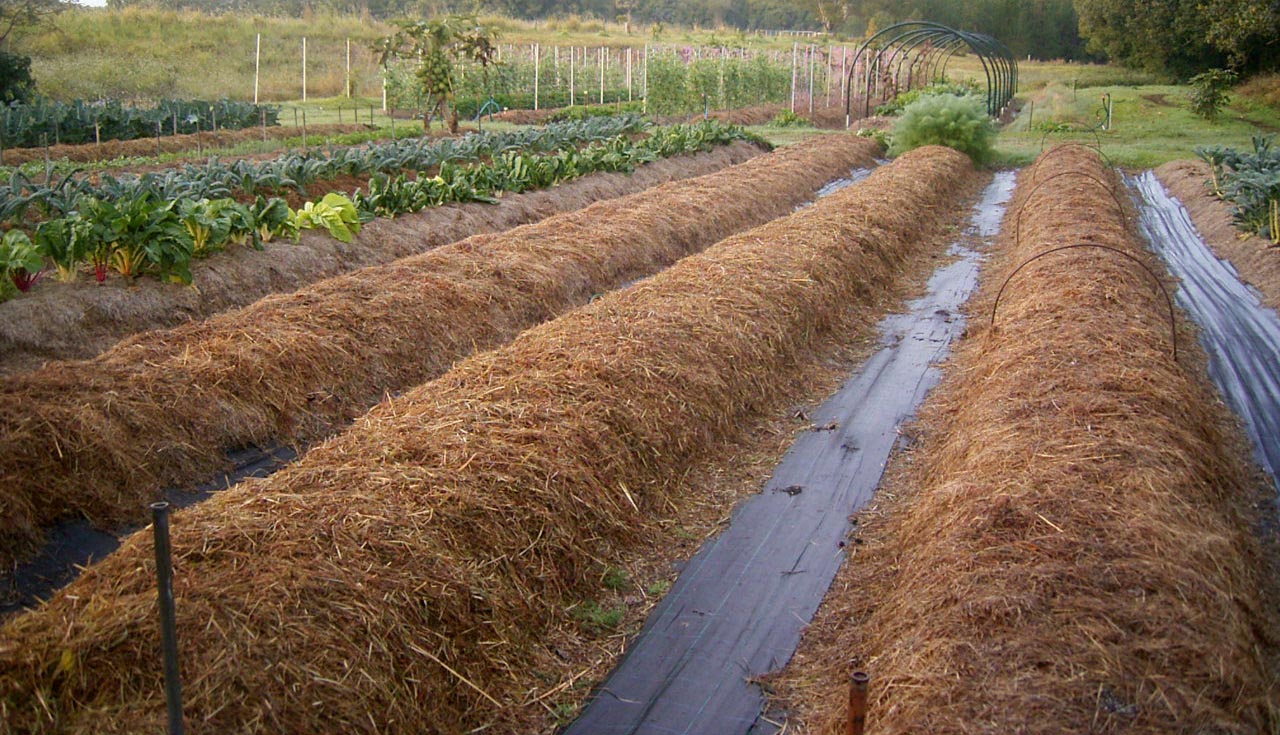Planting guide
General tips
Managing soil temperature
A number of factors will influence soil temperature and may need to be considered in areas or at certain times of the year when extreme temperatures may have an effect on the roots of the plants.
- Cultivated ground will warm up more than uncultivated ground
- Mounded beds will be warmer and stay warmer fort the whole day due to the greater surface area exposed than constructed planter beds
- Mulch will help stabilize soil temperature, reducing the extreme variations. It will also keep the moisture in and stop the soil surface from crusting and becoming impermeable
- Summer crops need a soil temperature of at least 15 degrees C.
General tips
- We would give the roots of our seedlings a dip in seaweed solution just prior to planting out as it seemed to reduce transplant stress
- Liquid manures or foliar sprays based on seaweed products are good for correcting deficiencies in micronutrients.
See the section on Product Inputs in the Soils category of the website for more information. - Liquid manures can contain pathogens. They should only be applied to the soil & not directly to the plant itself.
See the section on Product Inputs in the Soils category of the website for more information. - Rotating crops will minimize diseases, utilize different nutrients, gather nutrients from varying root depths and may benefit the following crop e.g. legumes fix nitrogen which will help leafy crops.
See the entry on Companion Planting in the Planting Guidelines category of the website. - When working with tomatoes you will often get a brown stain on your hands, similar to nicotine stain. To remove this, get an unripe tomato and rub it all over the stain, which will then rinse off.
Combine dry fertilisers with:
- good quality compost
- humates (powdered or granulated)
- green manure crops when they are being turned into the soil
Combine liquid fertilisers with:
- seaweed extracts
- fish emulsions
- molasses
- humates (liquid humic or fulvic acids)
- plant extract teas


